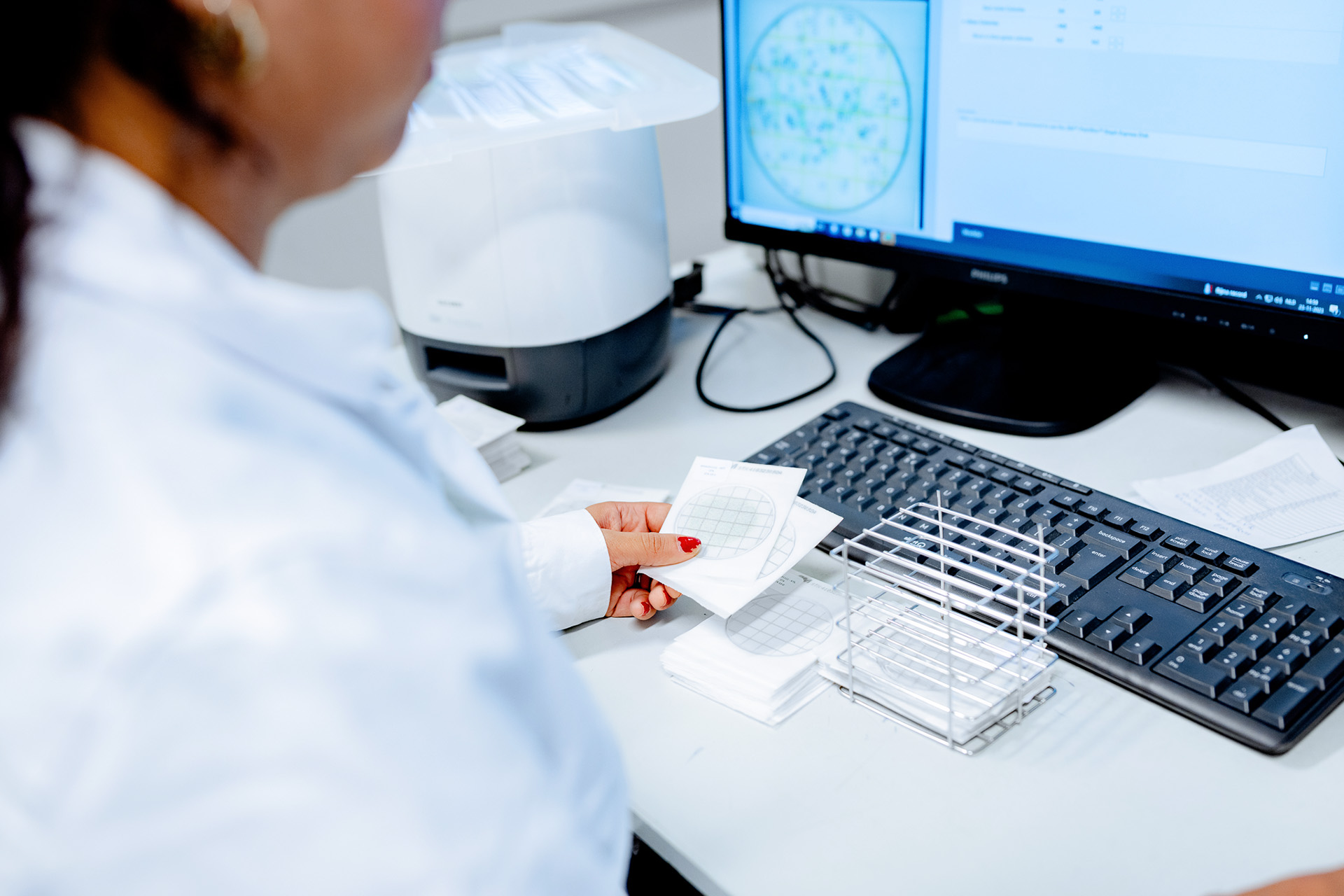Vitamins and minerals


Vitamins and minerals are substances that the body needs but is unable to produce itself. The main difference is that vitamins come from living organisms and are produced by some plants or animals themselves, while minerals come from the environment and must be absorbed by plants via the earth and by animals via food or water.
There are thirteen vitamins in total, four fat-soluble and nine water-soluble. The fat-soluble vitamins are mainly found in the fat of food and can be stored in the body’s tissues. Water-soluble vitamins are more likely to be found in the moisture of food and the body is unable to store them sufficiently.
Vitamins are usually measured via HPLC. Minerals and trace elements via ICP. We can carry out both of these analyses for you.
Fat-soluble vitamins are vitamins A, D, E and K.
Water-soluble vitamins are vitamins B1, B2, B3, B5, B6, B8, B11 and B12 and C.